Knowledge center
ATIM LAW FIRM
Transactions from 400 million VND must be reported
From December 1, transactions with a large value of 400 million VND or more must be reported to the State Bank (SBV) according to Decision 11/2023 of the Prime Minister. Reporting subjects are financial institutions; Organizations and individuals doing business in related non-financial industries are specified in Clauses 1 and 2, Article 4 of the Law on Prevention and Combat of Money Laundering 2022. Decision 11/2023 replaces Decision 20/2013 which has been applied more 10 years. Thus, the transaction value that must be reported from 300 million VND under current regulations is increased to 400 million VND.
According to the Anti-Money Laundering Law 2022, financial institutions must report that they are units that have been licensed to perform one or several activities such as receiving deposits; loan; financial leasing; payment services; intermediary payment services; stockbroker; securities investment fund management; life insurance business; money change. Or generally understood as banks, intermediary payment services such as e-wallet providers, securities companies, securities investment fund management companies.
In addition, organizations and individuals doing business in non-financial industries are also subject to reporting, including: Business of prize-winning games; games on telecommunications networks and the internet; Lottery; place a bet; real estate business except real estate leasing and subleasing activities and real estate consulting services; accounting services; Providing legal services by lawyers and law-practicing organizations; Providing services for establishing, managing and operating businesses...
Economic expert Dinh The Hien said that increasing the transaction value of the reported amount is appropriate according to people's income. Banks, securities companies, etc. themselves do not encounter any difficulties because they have implemented automatic reporting. Particularly for companies and individuals trading in related non-financial services that may not have been implemented recently, they need to pay attention because the regulations will also have penalties. In fact, businesses that have regulations for transactions of 20 million VND or more must go through banks. If the transaction is in cash, the tax authorities will not accept it as an operating expense. Particularly for people, when making large value transactions, they should also go through banks to be safe and reduce risks for themselves.
"In developed countries, cash transactions also take place but at a low rate and with small values. Because the governments of these countries have related regulations such as people having to prove their finances when they want to own real estate. or invest. So most of the money they have has to be kept at the bank and all transactions are through the bank," Mr. Hien said.
Cash transactions increase the risk of money laundering and bribery
In fact, although there are many regulations restricting cash transactions of business organizations, especially the banking sector has many regulations related to lending and disbursement activities, there are still some Individuals and organizations withdrew hundreds of billions of dong in cash for outside transactions. The case of Ms. Truong My Lan, former Chairman of Van Thinh Phat Group, has just been proposed by the Police Investigation Agency (Ministry of Public Security) to be prosecuted for three crimes: Property embezzlement, Violating regulations on bank operations Goods and bribery are typical examples. According to the investigation conclusion, Ms. Truong My Lan used Saigon Commercial Joint Stock Bank (SCB) as a "financial tool" to mobilize deposits, then finance the ecosystem of Van Thinh Phat Group.
In case she needs cash, Ms. Lan inserts a "ghost" legal entity into the loan application to legalize it. Instead of transferring money, she instructed employees to withdraw cash directly. The total amount of cash withdrawn from SCB for Bui Van Dung (Ms. Lan's driver) to transport to her home or the headquarters of Van Thinh Phat Group from February 2019 to around September 2022 is estimated at about 108,000 billion VND and 14.7 million USD. (about 355 billion VND). Ms. Lan used large amounts of cash easily withdrawn from banks to spend on many personal purposes, including bribery.
According to lawyer Tran Xoa, Director of Minh Dang Quang Law Firm, banks all have regulations on lending activities and disbursement for the correct loan purpose. For example, if a person borrows to buy a house, the bank will transfer money to the house seller; When buying a car, you transfer money to the car seller or businesses that have transactions will transfer it to the beneficiary's account. This regulation is intended to ensure lending activities are for the right purposes and also contributes to limiting cash transactions in the economy. However, bank officials and employees intentionally violated regulations to allow borrowers to withdraw cash of great value.
Sharing the same opinion, Associate Professor-Dr. Nguyen Huu Huan, Ho Chi Minh City University of Economics, commented that most related regulations on transactions and cash payments of businesses and organizations already exist. The regulations of each bank as well as internal control and audit are all related to loan disbursement. The core problem is that compliance with regulations is not guaranteed, many individuals and organizations intentionally violate them. In particular, to carry out illegal activities, using cash is the first choice to avoid being traced and monitored by state management agencies.
Associate Professor-Dr. Nguyen Huu Huan emphasized: the State Bank's monitoring and control system also exists, but in the case of SCB, it did not report or reported incorrectly to hide violations. Similarly, with the regulation that banks must report transactions with large values in the past from 300 million VND or more and in the future from 400 million VND or more, the technology system will filter according to this criterion and report automatically. dynamic. However, if there is human intervention, the results will be different. Furthermore, the reason why cash payments in Vietnam are still high is because there are no regulations to limit person-to-person transactions when using cash, so it is difficult to manage and monitor.
"The rate of non-cash payments in Vietnam is considered to have increased rapidly recently and is above the world average. But to further reduce the use of cash, more copper solutions must be applied. Ministry", Associate Professor-Dr. Nguyen Huu Huan proposed.
Strengthen stricter supervision
Regulations that banks, securities companies or real estate business units, prize-winning game services... must report large transaction values of 400 million VND or more are considered appropriate according to international practices. to prevent money laundering. However, for regulations to be truly effective, it is necessary to strengthen propaganda as well as supervision and handling.
According to lawyer Tran Xoa, through actual exchanges, in addition to banks that clearly understand the regulations, there are many organizations doing real estate business, metal and gemstone trading, or even companies practicing law and legal consulting. management... did not know about the above regulations. Therefore, first of all, the State Bank must promote communication about the regulations when they officially take effect.
At the same time, we must increase monitoring and checking whether units are reporting or not. Some organizations can be fined to make it strict and deterrent. For example, some accounting and lawyer service companies charge a consulting fee for a transaction of only a few million or tens of millions of dong, but the penalty for not reporting a transaction with a large value ranges from 150 million VND to 250 million VND, they will comply with the regulations. At the same time, the punishment must be widely announced in the mass media to serve as a stronger deterrent.
Lawyer Tran Xoa analyzed: "Large value transactions when transferring money through banks are easy to monitor. As for cash transactions, Vietnam has no regulations, so this is a loophole." "Currently, many forms of non-cash payment have developed and people will immediately switch to using them when they see the convenience. I go to pho shops and drink coffee and see many young people scanning QR codes or using them. e-wallet for payment, even transfer. Many people already know the benefits of paying with the above methods: no need to withdraw money, no need to carry change on your person or keep a lot of money in your wallet. also face the risk of loss and robbery. Therefore, the issue of media regulation as well as facilitating and encouraging alternative forms of payment to cash is an effective and quick solution to reduce cash in the economy. economy," Mr. Xoa added.
According to lawyer Truong Thanh Duc, Director of ANVI Law Firm, in fact, the regulation on reporting large transactions in the past 10 years is still implemented by few companies, except for banks and securities companies that apply reporting. automatic. For businesses themselves, in general, cash transactions are still legal, but due to being "blocked" by corporate income tax regulations, transactions of 20 million VND or more must go through banks. Thus, it is clear that this regulation for non-financial companies will be difficult to implement, so stricter guidance and supervision is needed.
In particular, not only transactions of 400 million VND or more are reported, but according to regulations on money laundering prevention, organizations must also report transactions worth less than this amount but with signs of irregularity. often. For example, a small amount of money but on the same day or a very short time is transferred continuously to one account or there are doubts about the purpose of the transaction... Furthermore, there are currently no regulations on the use of cash. for personal transactions.
Therefore, the State Bank can consider developing a Payment law, which clearly regulates how to use cash? How to use foreign currency? Payment of any value... applies to individuals and legal entities. Because currently, regarding foreign exchange, there are only ordinances and have not yet been made into laws. Meanwhile, transaction and payment activities affect the rights and obligations of all people, so they need to be expressed in laws passed by the National Assembly. From there, the implementation regulations and penalties will also be clearer.
Source: thanhnien.vn
 ATIM LAW FIRM
ATIM LAW FIRM

